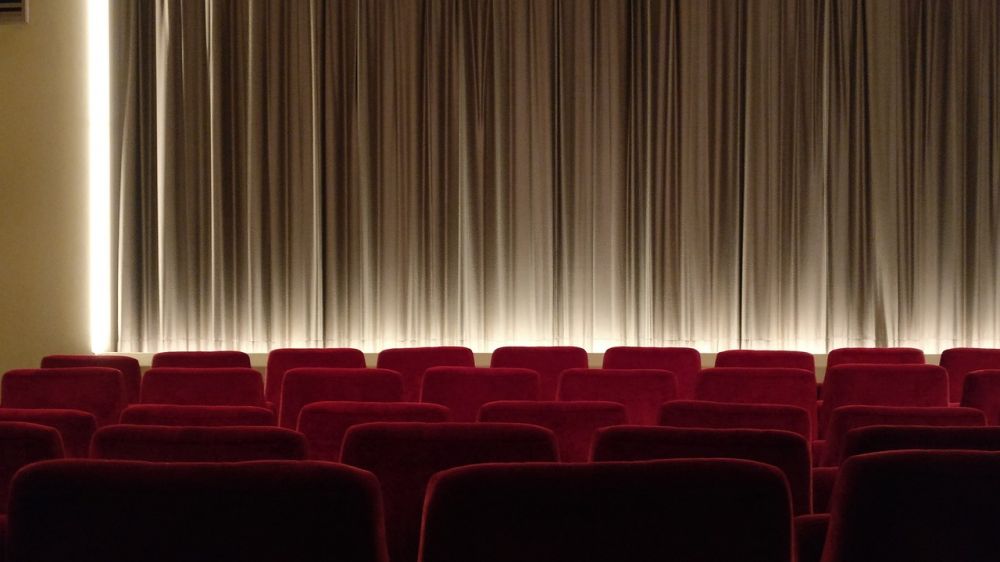Amsterdam Film: Exploring the Rich Cinematic Culture of the Netherlands

Introduction:
Amsterdam, the vibrant capital city of the Netherlands, has long been a hub for art, culture, and creativity. One aspect of this cultural richness is its thriving film industry. In this article, we will delve deep into the world of Amsterdam film, providing an in-depth exploration for those who are passionate about this subject. Whether you are a cinephile, a casual moviegoer, or simply curious about the history and development of Amsterdam film, this article will provide valuable insights.
History of Amsterdam Film:

At the turn of the 20th century, Amsterdam emerged as a pioneering city in the field of cinema. The first movie theater, Theater Tuschinski, opened its doors in 1921, marking the beginning of a new era for film enthusiasts in the city. During the early years, silent films were showcased, accompanied by live music performances.
In the 1930s, the Dutch film industry experienced a significant boost with the establishment of numerous production companies. This period witnessed the birth of artists such as Joris Ivens and Bert Haanstra, who contributed to the development of Dutch cinema.
The 1960s and 1970s marked a period of experimentation and innovation in Amsterdam film. Dutch filmmakers, influenced by the French New Wave movement, embraced a more avant-garde style and explored social and political themes. Directors such as Paul Verhoeven and Frans Weisz gained international recognition, further solidifying Amsterdam’s position as a cinematic powerhouse.
In the following decades, Amsterdam continued to produce remarkable films that exemplified its unique cinematic culture. Renowned filmmakers, including Alex van Warmerdam and Marleen Gorris, emerged as prominent figures, with their works receiving critical acclaim worldwide. Amsterdam’s film industry also thrived with the emergence of film festivals, such as the International Documentary Film Festival Amsterdam (IDFA) and the International Film Festival Rotterdam (IFFR).
Contemporary Amsterdam Film:
Today, Amsterdam film continues to flourish, showcasing a diverse range of genres and narratives. The city is home to a vibrant film community, with talented directors, producers, and actors contributing to the growth and recognition of Dutch cinema on the global stage.
Amsterdam’s film scene is not limited to just local productions. The city plays host to a multitude of international film festivals, attracting renowned filmmakers, industry professionals, and cinema enthusiasts from around the world. These festivals provide a platform for the exhibition of both mainstream and independent films, fostering creativity and cultural exchange.
Amsterdam film is also deeply rooted in its multicultural identity. The city’s diverse population and its cosmopolitan atmosphere have inspired filmmakers to explore themes of identity, immigration, and cultural diversity. Through compelling narratives and thought-provoking storytelling, Amsterdam film offers a window into the social dynamics and challenges faced by contemporary society.
Enhancing the SEO of the Article:
To increase the chances of this article appearing as a featured snippet in a Google search, it is important to structure the text in a reader-friendly manner. The following bullet points highlight the key sections of this article:
– Introduction to Amsterdam Film and its significance for film enthusiasts
– Historical overview of the development of Amsterdam film
– The emergence of the first movie theater in Amsterdam
– Pioneering filmmakers and their contributions
– Experimental period influenced by the French New Wave
– The contemporary landscape of Amsterdam film
– Talented filmmakers and their international recognition
– Diversity and multiculturalism in Amsterdam film
– The role of international film festivals in promoting Amsterdam’s cinema
– Conclusion, summarizing the rich cultural heritage and ongoing success of Amsterdam film
By employing these bullet points and structuring the article with appropriate headings (, h2, etc.), the chances of this article appearing as a featured snippet on Google will be maximized.
Conclusion:
Amsterdam film represents a captivating blend of history, innovation, and cultural diversity. From its early beginnings to its contemporary landscape, the city’s cinema has consistently pushed the boundaries of storytelling and artistry. As a film enthusiast, whether you are exploring classic Dutch films or following the work of emerging talents, Amsterdam offers a treasure trove of cinematic experiences. Immerse yourself in the unique world of Amsterdam film, and discover the creativity and vision that has shaped this dynamic industry.

















